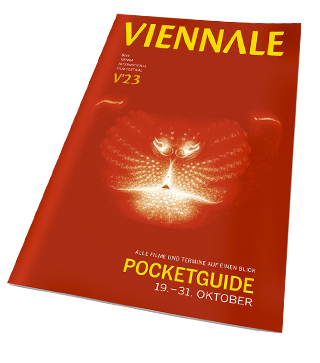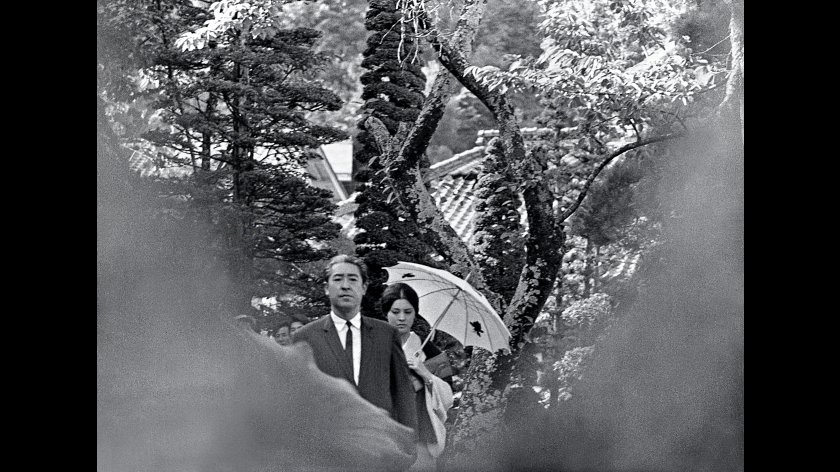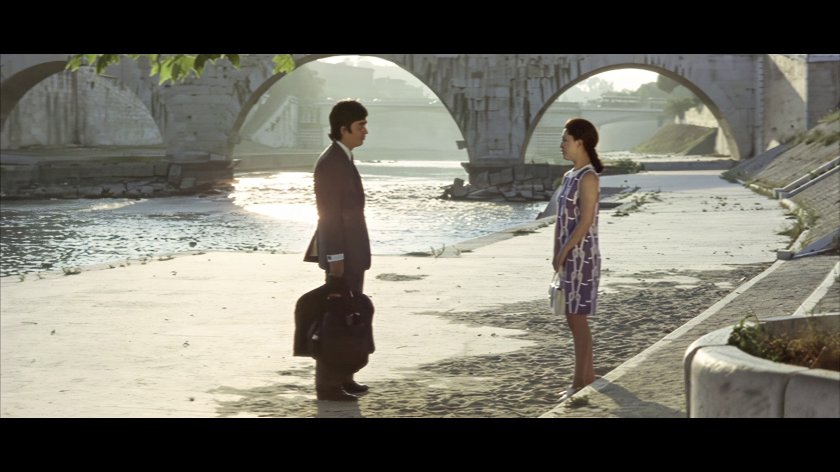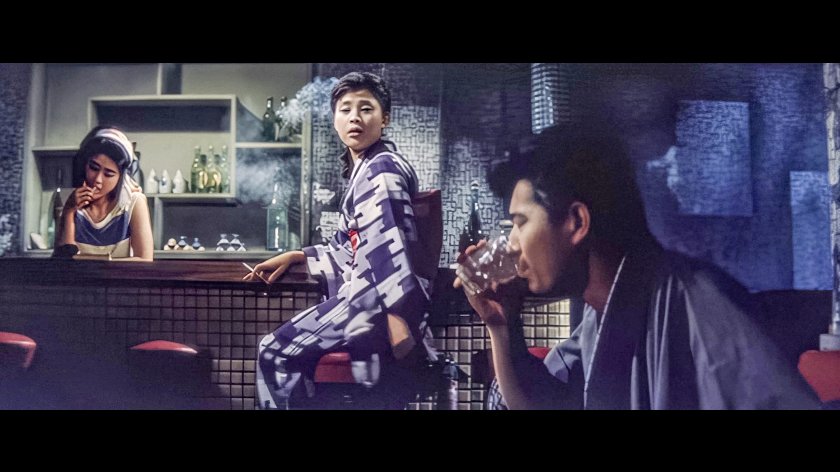Rokudenashi
Good-for-Nothing
Jun gehört zu einer Gruppe junger Tunichtgute rund um den verwöhnten Sohn eines schwerreichen Kapitalisten; eine Kavaliersgeste, die er dann aber dessen Sekretärin Makino erweist, überzeugt diese davon, dass Hopfen und Malz noch nicht verloren sind; also bemüht sich Makino, Jun auf den rechten Weg zurückzuführen. Allerdings haben beide die Rechnung ohne die systemische Ungerechtigkeit der japanischen Klassengesellschaft der Nachkriegszeit gemacht, die weder Aufstiegschancen kennt, noch Gleichberechtigung vorsieht. ROKUDENASHI nutzt sein immer virulentes Thema orientierungsloser Jugend zu schonungslos bitterer Analyse der Unvermeidlichkeit ihres Entstehens. (Alexandra Seitz)
The ending of GOOD-FOR-NOTHING is influenced by Godard’s A BOUT DE SOUFFLE, which was released in Japan in March 1960 (Yoshida’s first film was shot over the next few months and released in July), but the social milieux of the two films are different. Yoshida’s hero is one of a small cluster of nihilistic Tokyo idlers whose leader is the son of a business executive. The executive makes progressive-sounding speeches in accordance with the official idealism of early postwar Japan; his son reads Rimbaud and makes fun of his dad’s moralistic secretary by introducing her at a party as a friend of Juliette Gréco and Yves Montand.
Yoshida’s treatment of youthful rebellion and love has great visual fluidity. The schematic and abstract quality of the film, together with its violently lurching narrative movement, betray the director’s suspicion of any simple approach to the privileged theme of the so-called Shōchiku New Wave: the malaise and cynicism among young people during Japan’s postwar economic boom. The dialogue is sometimes too explicit (the boss’s son, aptly, tells his companions to stop talking like media commentators), but the director’s style and his heartfelt skepticism triumph over any awkwardnesses in his script. (Chris Fujiwara)
Alle Retrospektiven-Filme, die nach der Viennale – ab dem 2.11. – im Filmmuseum gezeigt werden, können selbstverständlich auch wie gewohnt auf www.filmmuseum.at oder unter Tel. 01/533 70 54 reserviert und an der Kassa des Österreichischen Filmmuseum gekauft werden. Es gelten die Preise des Filmmuseums.
Yoshida Kijū: GOOD-FOR-NOTHING (1960), BLOOD IS DRY A.K.A BLOODY THIRST (1960), BITTER END OF A SWEET NIGHT (1961), AKITSU SPRING (1962), 18 WHO CAUSE A STORM A.K.A. 18 ROUGHS (1963), A STORY WRITTEN WITH WATER (1965), WOMAN OF THE LAKE (1966), IMPASSE (1967), THE AFFAIR (1967), AFFAIR IN THE SNOW (1968), FAREWELL TO THE SUMMER LIGHT (1968), EROS + MASSACRE (1969), HEROIC PURGATORY (1970), COUP D’ETAT (1973), A PROMISE (1986), WUTHERING HEIGHTS (1988), WOMEN IN THE MIRROR (2002), BEM-VINDO A SÃO PAULO (2004, Episode)
- The Japan Foundation
- Tsugawa Masahiko
- Takachiho Hizuru
- Kawazu Yusuke
- Yoshida Kijū
- Narushima Toichiro
- Uraoka Keiichi
- Kinoshita Chūji






